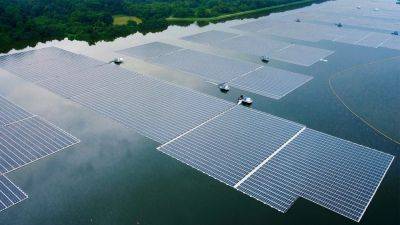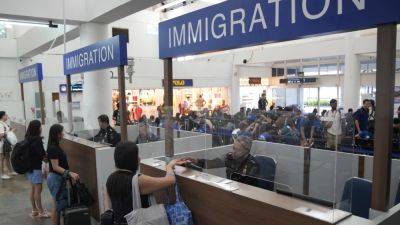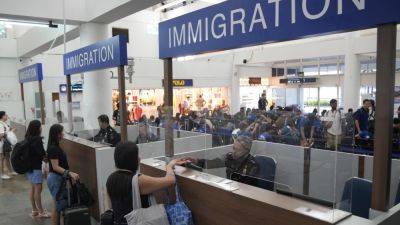How Indonesia's deforestation persists despite moratorium
JAKARTA — Indonesia's Awyu tribe of the Papua region has filed a case to the Supreme Court seeking to cancel permits for palm oil concessions on thousands of hectares of rainforest over which it has ancestral rights.
The world's biggest producer and exporter of palm oil, Indonesia has pledged to clean the image of the multi-billion dollars industry which is often accused by environmentalists of causing widespread deforestation.
Indonesia is home to the world's third-largest tropical rainforest and accounts for 60 per cent the world's supplies of palm oil which is used in food products as well as a fuel.
What are Indonesia' rules on deforestation
In an effort to reduce its greenhouse gas emissions, Indonesia stopped issuing permits to clear forests and peatlands in 2011 for eight years. In 2019, President Joko Widodo made the moratorium permanent in an aim to protect Indonesia's 66 million hectares of forests and peatlands.
The president also imposed a moratorium on permits for new palm oil plantations in 2018, intended to stop deforestation amid backlash from consumers worried about the environmental impact of palm estates replacing rain forests.
The palm oil moratorium expired in 2021, but Jokowi pledged not to issue new permits for palm oil plantations.
In the same year, the government ordered an evaluation of the existing permits, with an aim to revoke permission if concessions are found in areas with forest cover.
Local conservation group Auriga Nusantara in 2022 estimated that around 2.4 million hectares of rain forests were part the total land which was allocated for developing palm oil estates.
Now that Jokowi is leaving office soon, the group is worried that the next administration might not honour the moratorium







